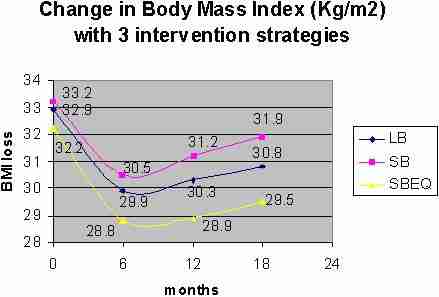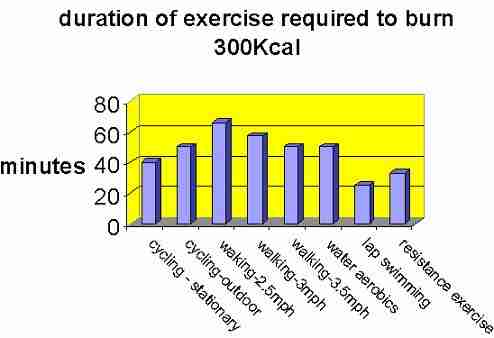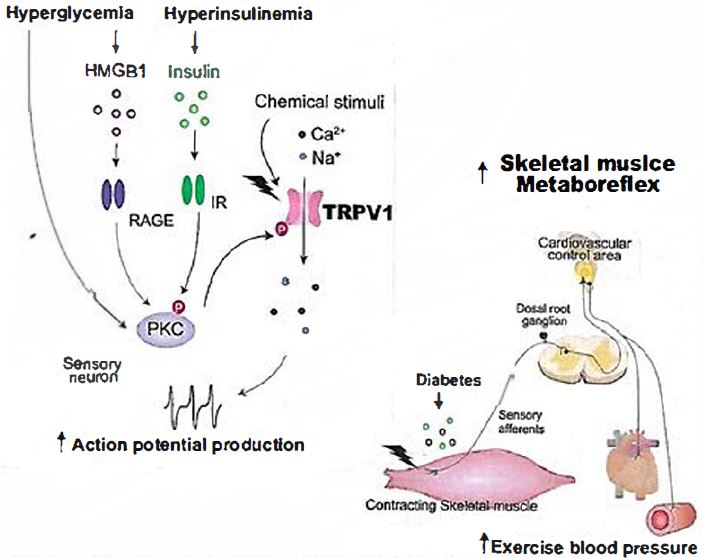Your guide to a healthy heart
We all know how important it is to look after our heart. If you want to live a long and active life, you need to be kind to it every day. But how kind are you to yours? Statistics suggest that many of us need to be doing a whole lot more, as cardiovascular diseases are the number one cause of death globally every year. Nearly 18 million people lose their lives annually as a result of cardiovascular diseases, accounting for approximately 31% of all deaths. Cardiovascular disease is an umbrella term used to describe any disease relating to the heart and blood vessels, including coronary heart disease (CHD) and cerebrovascular disease (e.g. stroke), as well as others.

Some of the risk factors for cardiovascular disease are changeable and others are not. These include:
Non-changeable factors
• Advancing age
• Gender – As this affects males more than females
• Having a family history of heart disease
Changeable factors
• High blood pressure
• High cholesterol
• Being a smoker
• Drinking alcohol excessively
• Being overweight or obese
• Lack of physical activity
• High stress levels
Your road to a healthy heart
So, what can YOU do about it? The good news is, no matter where you are in life, no matter what age, you can do something today to improve your heart health. The following are some of the most important things to consider when working towards having a healthy cardiovascular system.
Mizuno et al (2021) Exercise and Sports Science Reviews, 49, 3, 157-167
Keep a healthy weight
Being overweight or obese is one of the modifiable risk factors that is easiest to change. You just need to ensure you are doing two things… Exercising regularly and eating a healthy, balanced diet. How many of us know this, but fail to get on board consistently? We’re all a little guilty from time to time, aren’t we? Exercise has many body-wide benefits that are too long to list in this blog but challenging your heart through exercise regularly each week is a great way to help control blood pressure and cholesterol levels. Did you know that going for a 30-60-minute brisk walk each day is all you need to keep the heart in check? There are so many other options when it comes to exercise though… Cycling, swimming, aerobics, team sports, martial arts. As well as helping you maintain a healthy heart, your body will benefit from increased flexibility and strength, and a clearer mind.

see also : https://www.back-in-business-physiotherapy.com/health-advocacy/exercise-and-obesity.html elsewhere on this site

Combine regular exercise with a good diet and you will be winning on the weight front if you persist. There are many foods out there that hold ‘cardio protective’ properties. Meaning these foods help you reduce the risk of developing cardiovascular disease if eaten regularly as part of your balanced diet. Some of these foods include:
• Those high in Omega-3 fatty acids (including oily fish, walnuts, chia seeds, flaxseed oil)
• Red wine (when consumed in moderation)
• Dark chocolate and green tea (due to their antioxidant content)
• Fruits and vegetables (make these a big part of your diet!)

A very strong relationship has been established between the role of perivascular adipose tissue (fat) and exercise on arterial function with obesity (Boateng, SY 2021, Exercise and Sports Science Reviews, 49,, 3, 188-196) meaning exercise induced up-regulation of Nitrous Oxide, Prostaglandin 2, and reduced ROS (reactive oxidative stress) as well as reduced endothelial 1, together result in improved aortic stiffness and endothelial dilation.
Other handy tips include:
• Replacing salt with herbs and spices during cooking
• Reducing intake of foods high in saturated and trans fats which can raise cholesterol levels and lead to clogged arteries. This in turn increases risk of stroke and heart attack. Avoid eating cakes, chips/crisps and pastries excessively.
Do not smoke
Smoking directly damages your blood vessels which quadruples your risk of heart attack and stroke. Our advice to you is plain and simple… If you do not smoke, keep it that way. If you are a smoker, do whatever you can to begin quitting today. Quitting smoking is tough and needs to be done correctly. Speak to your doctor today for help and advice. The day you smoke your last cigarette immediately decreases your risk of cardiovascular disease and early death.
Learn how to manage your stress levels
Chronic stress is a major contributor to increased heart rate and blood pressure. Learning to control your stress levels can help to alleviate the effect this has on the cardiovascular system. Physiotherapists can offer advice on ways to manage stress. Some of the most popular forms of stress management include:
• Regular exercise
• Breathing and relaxation exercises
• Meditation (including mindfulness-based cognitive therapy, as well as other forms)
• Seeing a doctor, psychologist or life coach
Educate yourself and get checked by your doctor regularly as you age
The bottom line is your heart health is your responsibility. You must act to ensure cardiovascular disease doesn’t become a part of your life. You have a wealth of resources at your fingertips. We (and other health professionals) are here to help guide you to optimal health.
We thoroughly recommend you regularly check-in with your doctor, especially as you advance through to your later years, to make sure everything is functioning well.
References
1. World Health Organisation. 2020. Cardiovascular diseases. [Onlinehttps://www.who.int/health-topics/cardiovascular-diseases/#tab=tab_1. [Accessed 07 Nov 2020https://www.heartfoundation.org.au/heart-health-education/keeping-your-heart-healthy. [Accessed 05 Nov 2020https://www.healthline.com/health/healthy-heart-tips. [Accessed 05 Nov 2020https://www.heart.org/en/health-topics/heart-attack/understand-your-risks-to-prevent-a-heart-attack. [Accessed 07 Nov 2020https://www.heart.org/en/healthy-living/healthy-lifestyle/how-to-help-prevent-heart-disease-at-any-age. [Accessed 05 Nov 2020]
Uploaded : 3 December 2020
Updated : 2 February 2022





